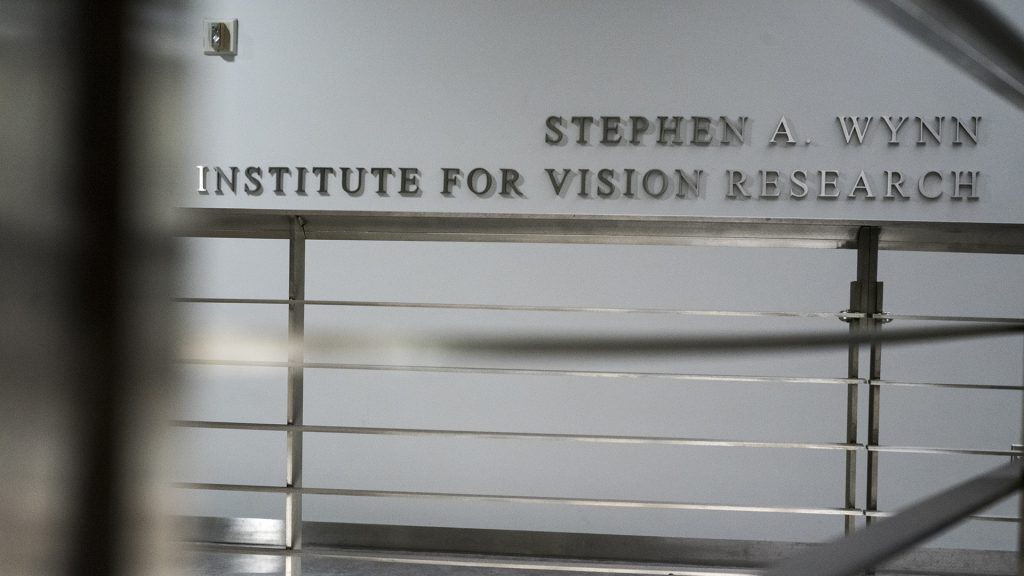Although the allegations against Stephen Wynn are abhorrent, the UI must stay committed to pioneering research for rare diseases.
Shortly after sexual-misconduct allegations surfaced against University of Iowa donor Stephen A. Wynn, the UI announced it will remove the casino mogul’s name from the Institute for Vision Research.
On Jan. 26, the Wall Street Journal reported that dozens of employees have come forward alleging Wynn’s misconduct spans decades. Wynn also paid a $7.5 million settlement to a manicurist with allegations against him. On Jan. 27, he resigned as finance chairman of the Republican National Committee, vehemently denying “assaulting any woman.”
RELATED: UI removes donor’s name from institute in response to sexual misconduct allegations
The response to this news has been mixed — while many appreciate the UI’s decision to remove Wynn’s namesake from the institute, some have argued that since Wynn has not been charged with a crime, the choice is unfair. Others on both sides say the UI should return Wynn’s $20 million donation of his $25 million commitment. The Daily Iowan Editorial Board supports the UI’s decision to remove Wynn’s name from the institute and does not believe giving him back his money is necessary.
The cultural moment of #MeToo has blurred the lines of innocence and guilt for some. And while the publication of sexual-misconduct allegations is certainly not a black-and-white issue, it must be established that the court of public opinion is not the same as the court of law. Revelations over the past few months have solidified that our justice system does not adequately account for every criminal act — whether the stigmatization of these experiences hinders victims from reporting, or powerful institutions keep them quiet.
Every situation is different, but allegations against Wynn are well-substantiated. When dozens of much less powerful people have detailed stories of a CEO violating them and creating a culture of fear (former employees said they would enter fake appointments to help female coworkers avoid Wynn), it cannot be recklessly dismissed just because there were no criminal charges. Ultimately, UI officials determined that keeping Wynn’s name on the vision research building would be “damaging to the institution’s reputation.” And they are right.
So, if it’s “incongruous with the university’s values to maintain the Wynn name,” why is keeping his donation any different? Because Wynn’s donation to hereditary-blindness research has nothing to do with the abhorrent allegations against him — and families suffering from inherited eye disease should not be punished to achieve a false moral high ground by returning $20 million in research funding. As the UI stated in its press release, naming the Institute for Vision Research after Wynn was in recognition of the gift, not a condition of it. The $20 million, despite its source, has had and will continue to have a massive impact on finding cures for rare diseases government agencies neglect to pursue. That research should not be jeopardized.
There are better ways to support sexual-assault survivors that do not involve taking aid away from those who are also suffering. And as those in power inevitably continue to be exposed for their abusive behavior, institutions should continue to take advantage of their power in denouncing them.



